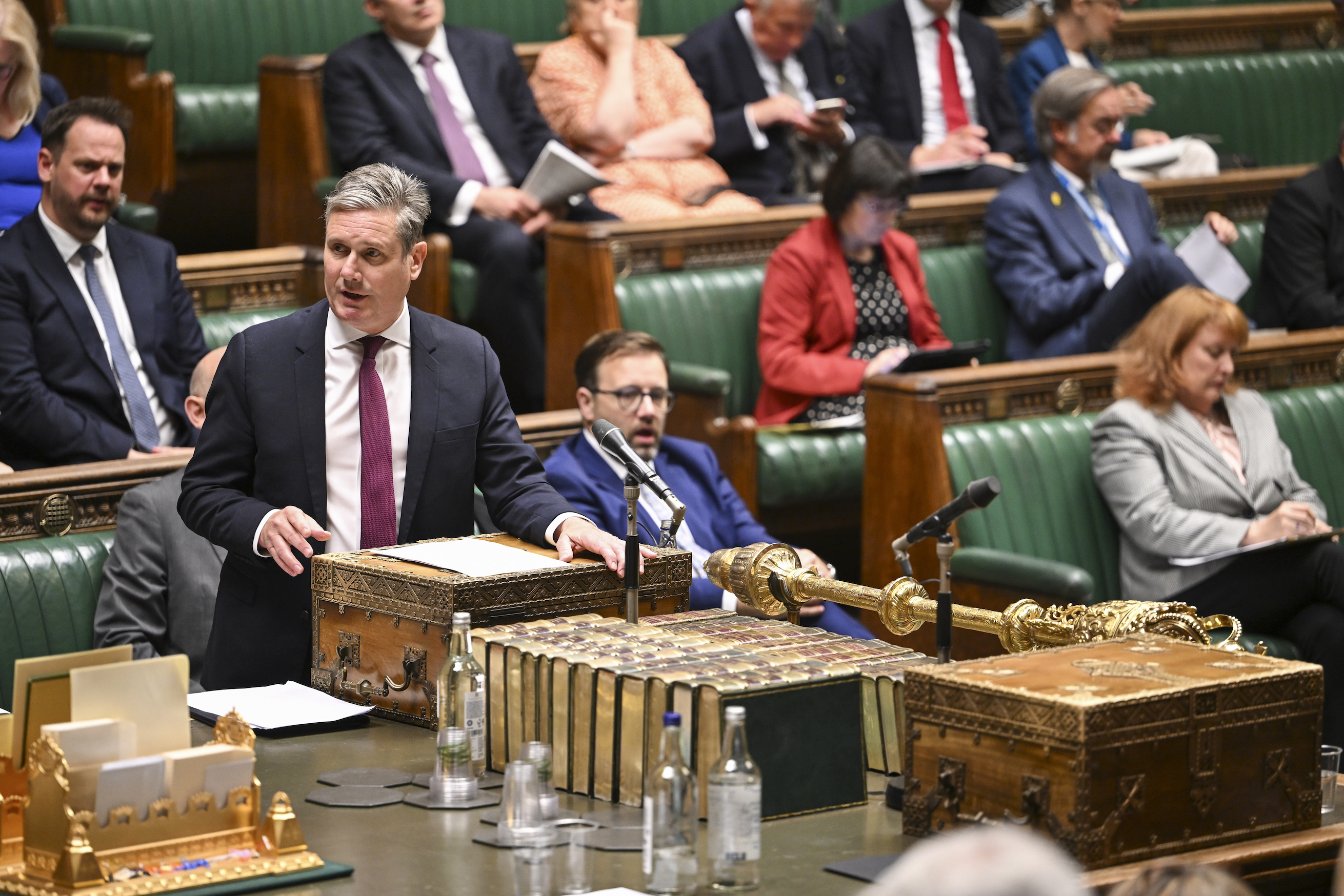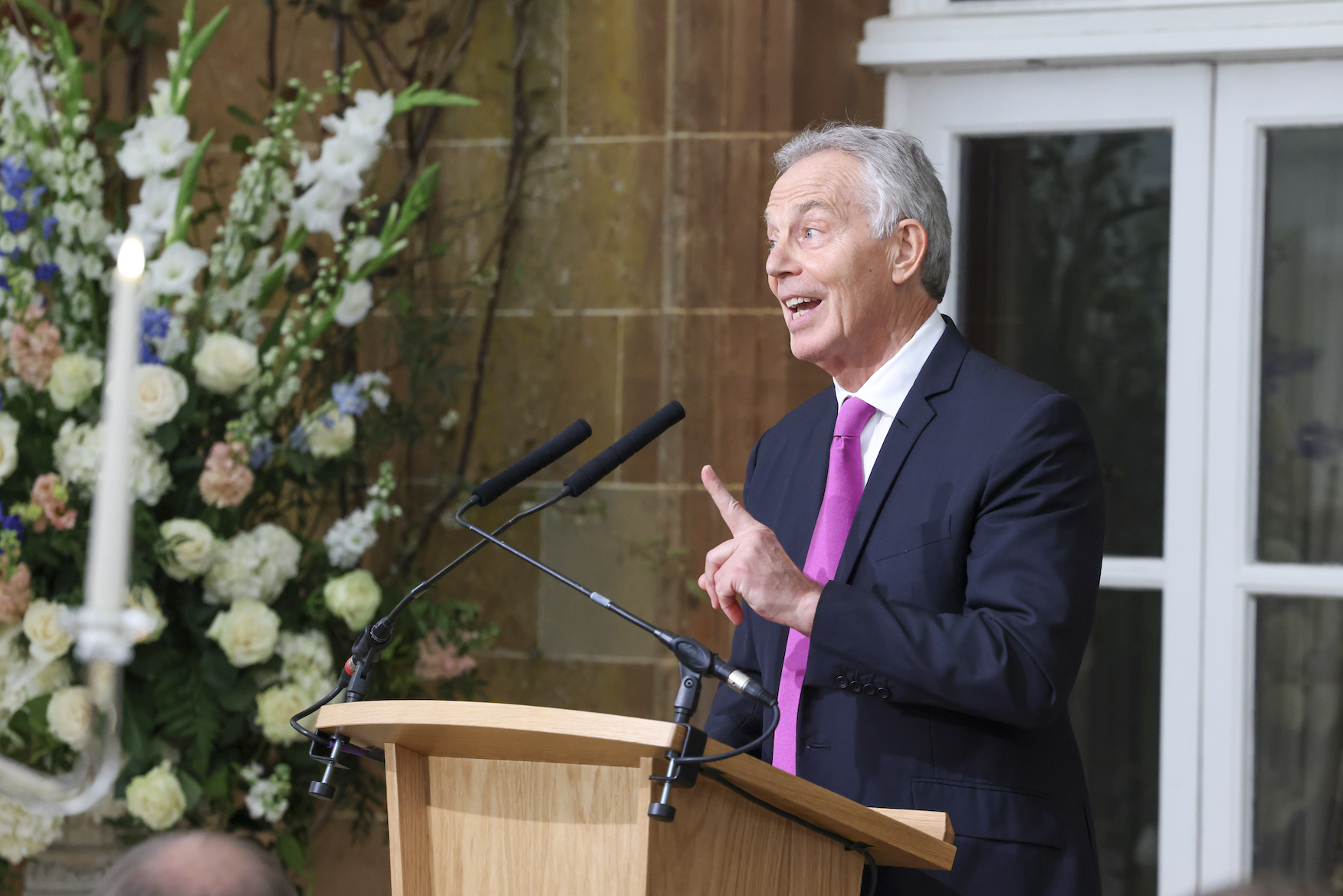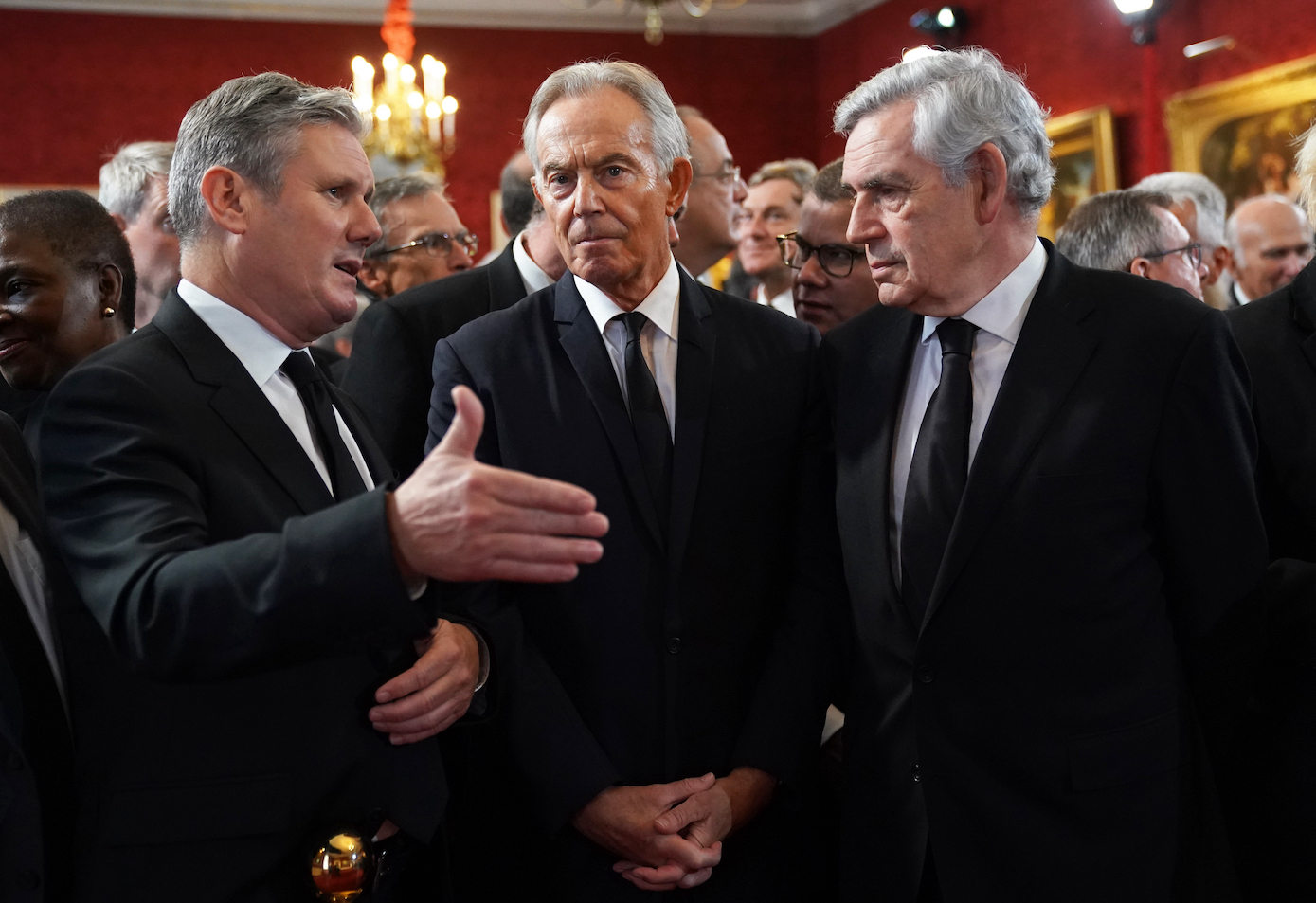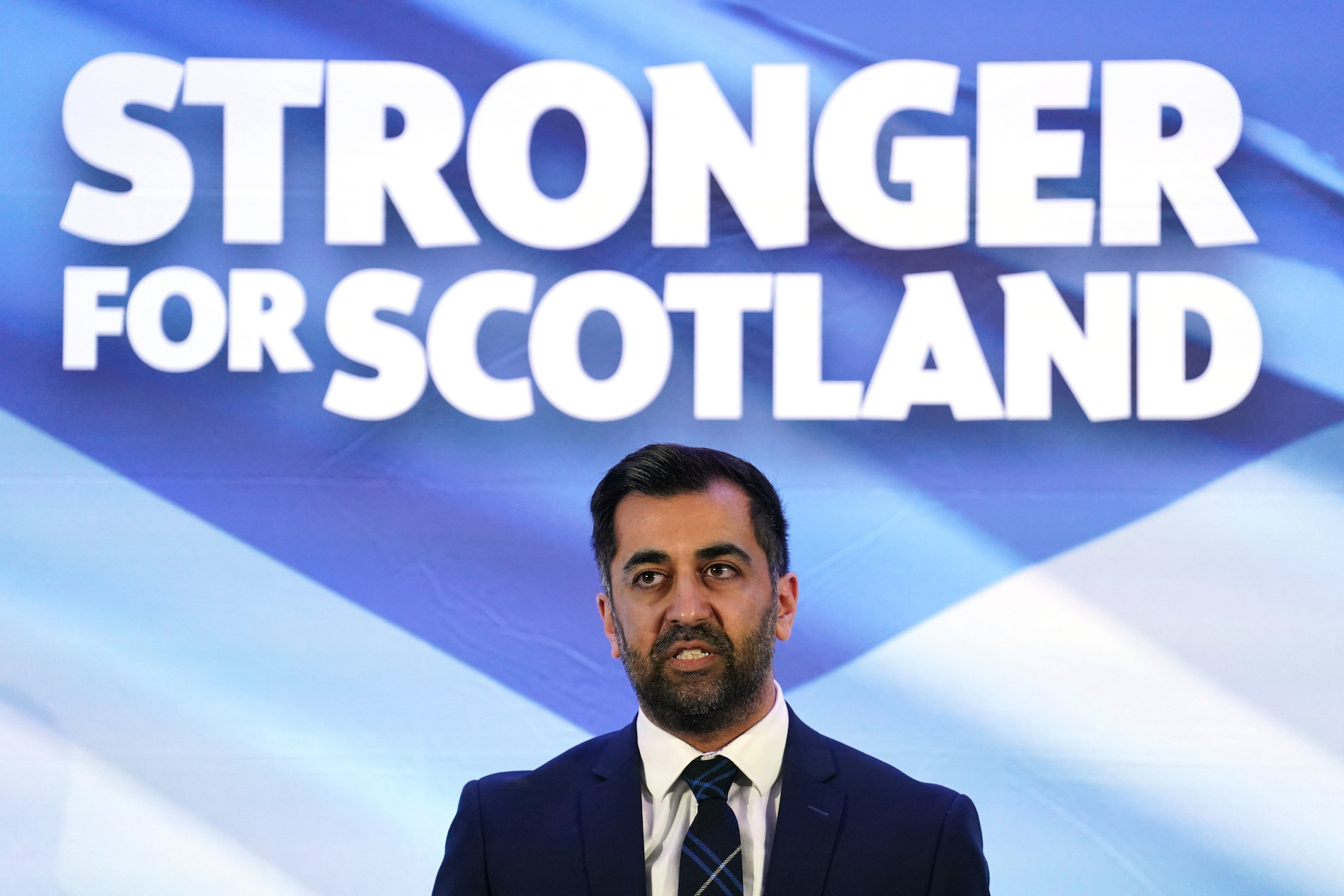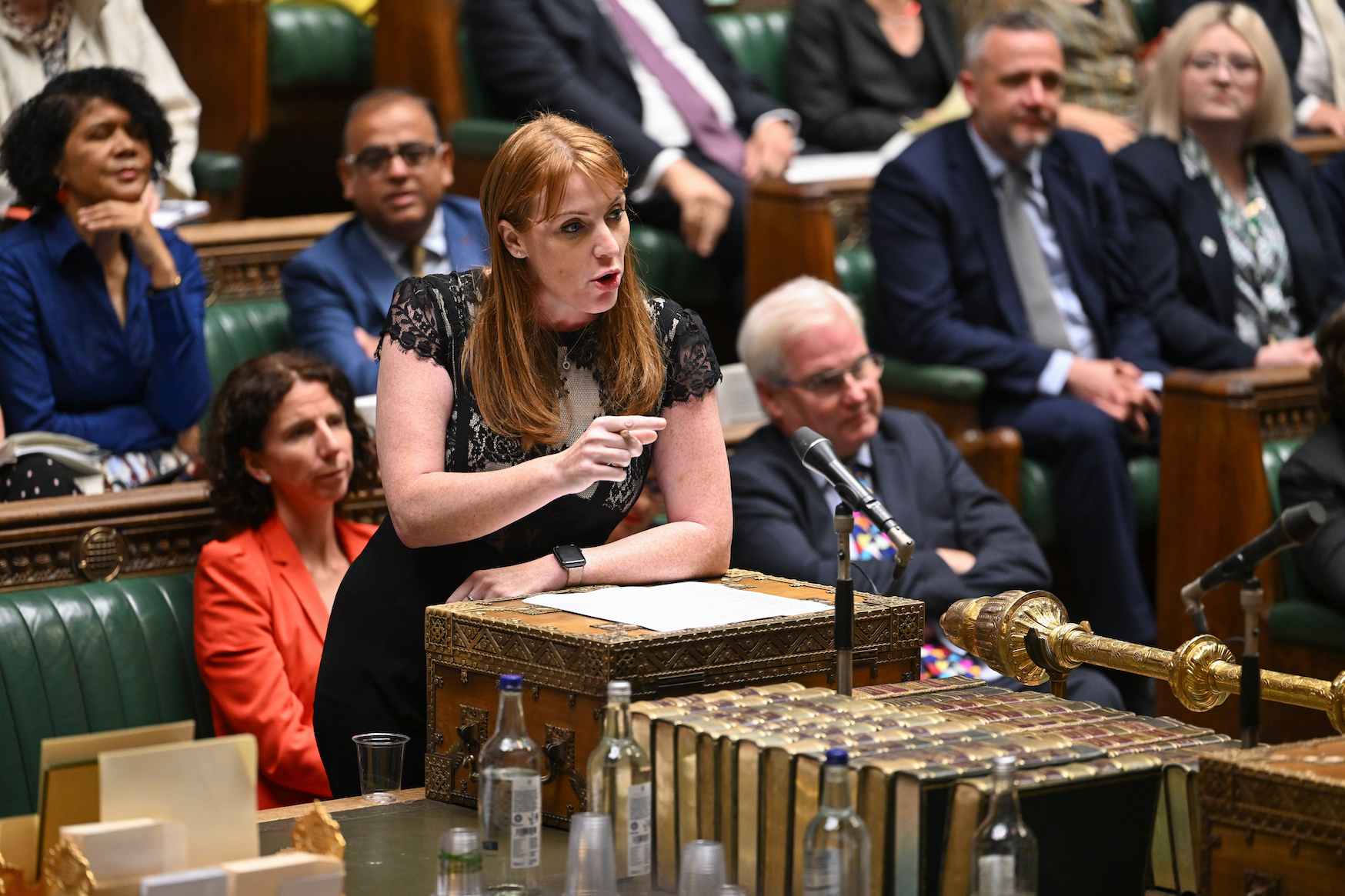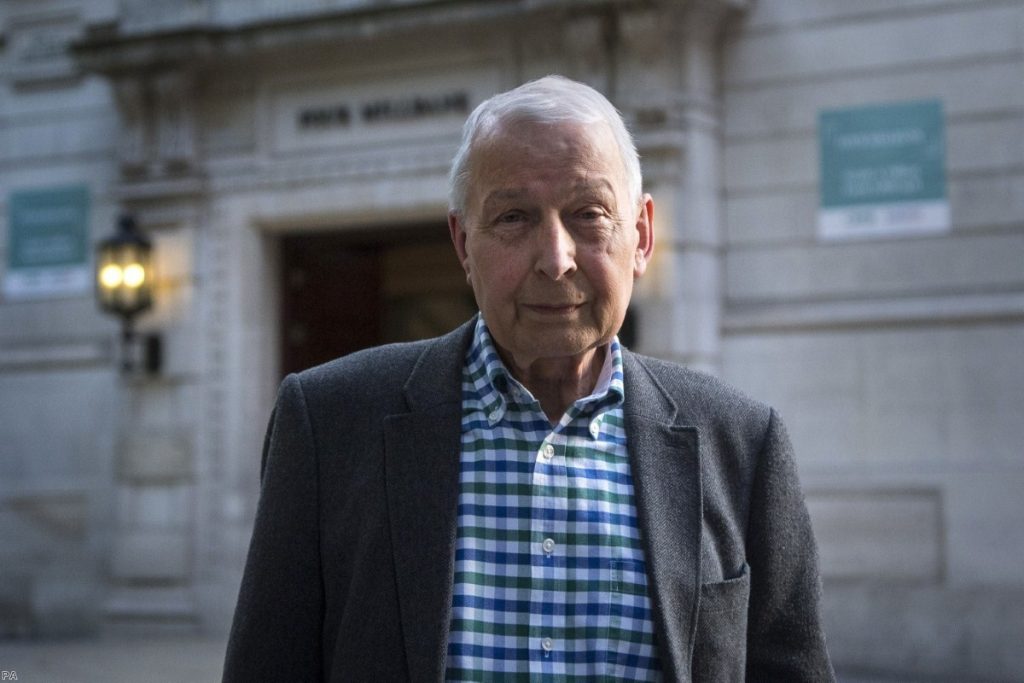Overview
Sir Tony Blair served as Prime Minister of the United Kingdom of Great Britain and Northern Ireland from 1997 to 2007. He is the only Labour leader in the party’s 100-year history to win three consecutive General Elections.
Blair was credited with moving the Labour Party from the left towards the centre ground of British politics. As PM, many of his policies reflected a ‘centrist’ ‘third way’ ideology. This re-orientation of Labour’s values was signalled by his ‘New Labour’ rebranding of the party.
Although the only living former Labour leader to have led the party to a General Election victory, Blair’s legacy remains controversial – thanks, in part, to his decision to invade Iraq in 2003.
In his final speech to the Labour party conference in 2007, Blair said: ‘They say I hate the party, and its traditions. I don’t. I love this party. There’s only one tradition I hated: losing’.
Prime Minister
Aided by the unpopularity of John Major’s Conservative government and his own charismatic politicking, Blair entered 10 Downing Street as part of a Labour landslide victory in 1997.
At 42 years-of-age, Blair was the youngest PM since Lord Liverpool in 1812. Blair would go on to win another landslide at the 2001 election and a reduced but still substantial majority in 2005.
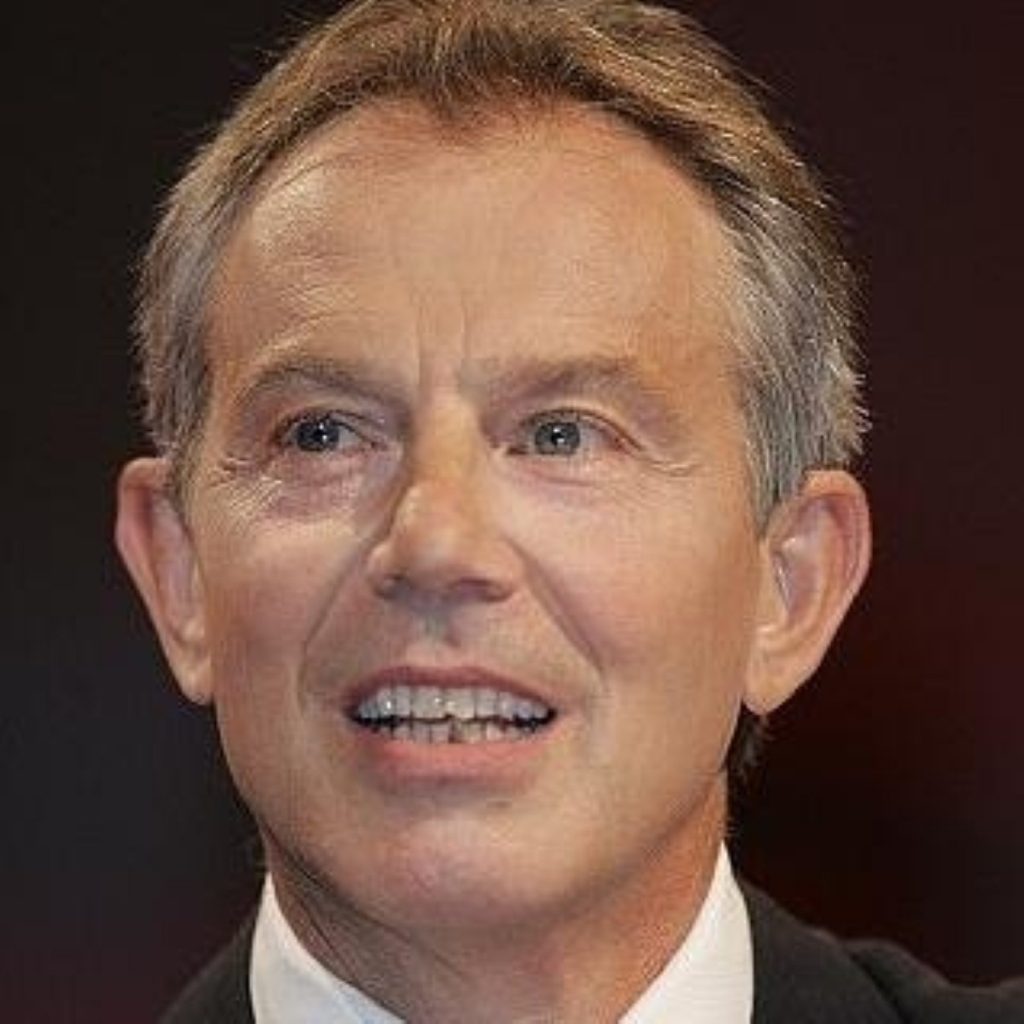 8/9),
8/9),
Amongst other things, during his time in office, Blair removed all but 92 hereditary peers from the House of Lords (1998), passed the Human Rights Act (1999), introduced devolved parliaments and assemblies (1998/9), negotiated the Good Friday Agreement (1999), and established the UK Supreme Court (2005).
Internationally, Blair oversaw British military interventions in Kosovo (1999), Sierra Leone (2000) and – most infamously – Iraq (2003). Subsequent investigations into the decision-making behind the invasion of Iraq have revealed the fragmentary evidence used to justify the invasion.
Following increased pressure from Labour MPs and his Chancellor, Gordon Brown, Blair stepped down as PM in 2007.
What is Tony Blair doing now?
Immediately after leaving Downing Street, Tony Blair also stood down in 2007 as a Member of Parliament.
Hours after Blair tendered his resignation to the Queen in 2007, he was appointed by the Quartet (the United States, Russia, the European Union and the United Nations) as special envoy to the Middle East. He stepped down from this position in 2015.
Blair currently serves as the executive chairman of the Tony Blair Institute for Global Change. He describes the organisation as a ‘new policy platform to refill the wide open space in the middle of politics’, aimed at combating a ‘frightening authoritarian populism’.
Blair was a prominent critic of the decision to withdraw from the European Union, and critical of Jeremy Corbyn as Leader of the Labour party. He still makes media appearances from time to time commenting on British politics.
Sir Tony Blair is said to have earned well after leaving Downing Street, and was once fated as one of the highest paid public speakers in the world. Blair has previously secured well paid advisory roles with Zurich Financial Services and JP Morgan Chase. In 2014, Tony Blair was keen to insist that at that point, that his net worth was though less than £20 million.
In June 2022, Tony Blair was knighted and appointed by the Queen to the Order of the Garter, Britain’s most prestigious royal order of chivalry.
Political Career
Sir Tony Blair first entered parliament at the 1983 General Election.
In his maiden speech in the House of Commons on 6 July 1983, Blair stated: ‘I am a socialist not through reading a textbook that has caught my intellectual fancy, nor through unthinking tradition, but because I believe that, at its best, socialism corresponds most closely to an existence that is both rational and moral. It stands for cooperation, not confrontation; for fellowship, not fear. It stands for equality’.
Once elected to Westminster, Blair’s political ascent was rapid. He quickly allied himself with the reforming tendencies of Neil Kinnock and was promoted after the 1987 election as the Labour spokesman for the City of London.
Following Labour’s fourth consecutive loss at the 1992 election, Blair became shadow Home Secretary under new leader John Smith. In 1994, Smith died suddenly following a heart attack and Blair took over as Labour leader.
Under Blair, the term ‘New Labour’ was coined to signify the switch to centre-ground ‘new’ politics. In 1994, the Labour Party rewrote Clause IV of the Labour Party constitution which had been a commitment to widespread nationalisation of the economy.
Under Blair’s leadership, ‘New Labour’ won the 1997 General Election in a landslide.
Before politics
Blair was born in Edinburgh. He was privately educated at Fettes College in Scotland, before attending St John’s College, Oxford University. He then became a barrister.
Personal life
Blair married Cherie Booth in 1980. They have four children; his fourth, Leo, was the first baby born to a serving Prime Minister in 150 years.
Further details
Twitter — @InstituteGC(Tony Blair Institute)









